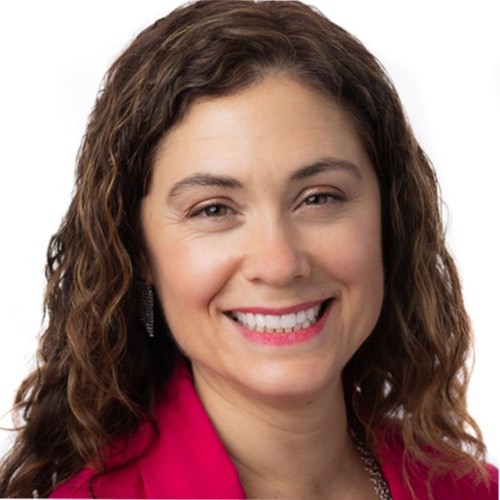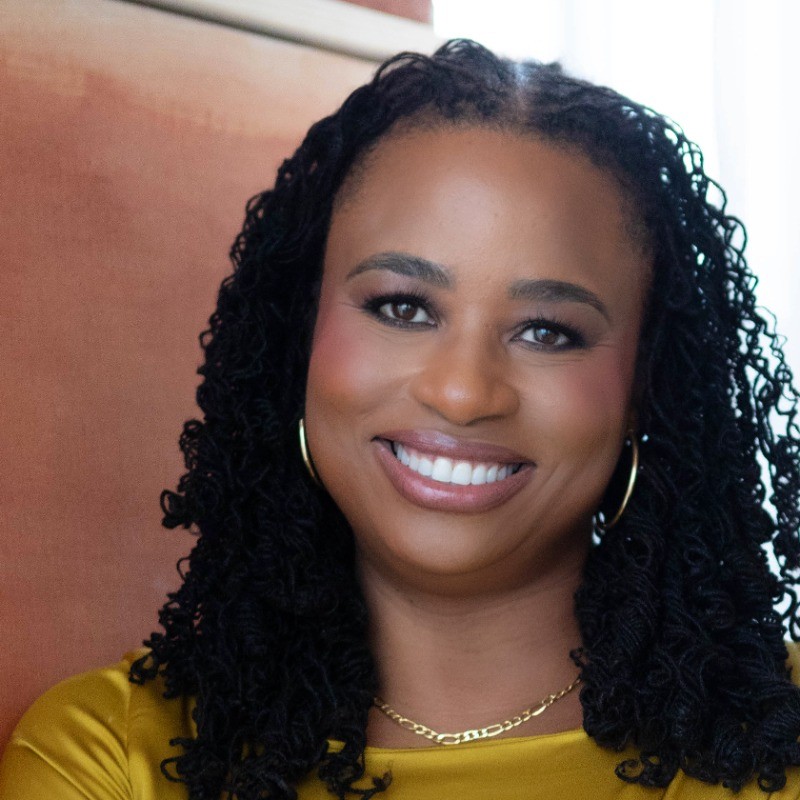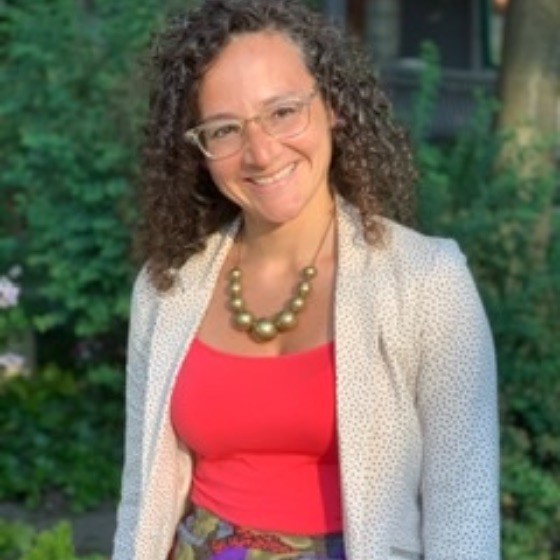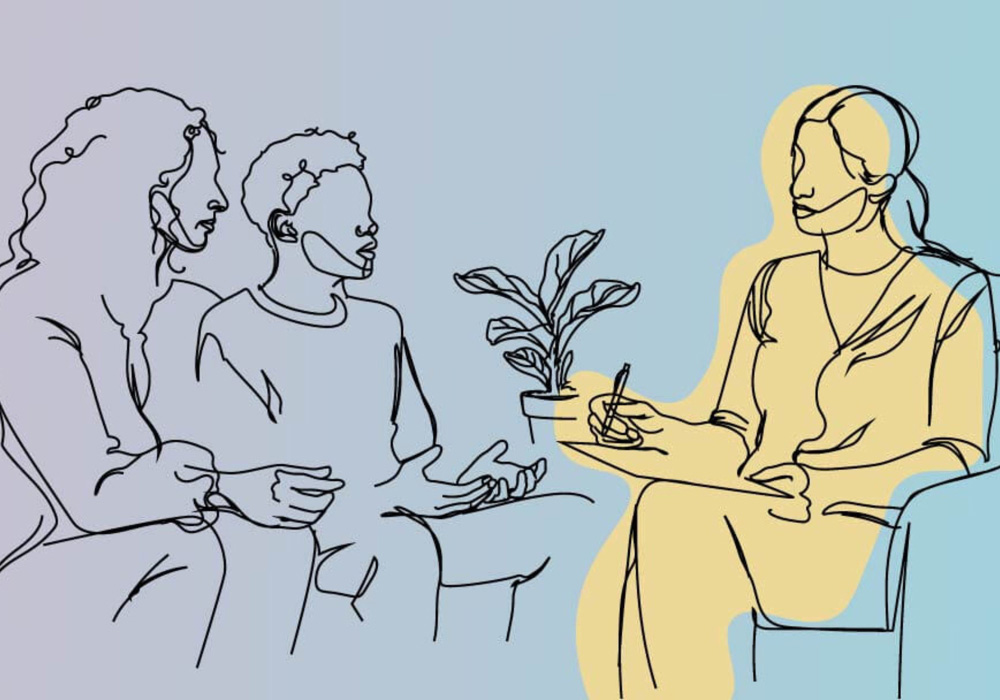How regulation protects the public, and how equity work rebuilds trust. A candid conversation with OCSWSSW leaders on standards, cultural humility, and accountability.
This Afropolitan Dialogues episode examines how the Ontario College of Social Workers and Social Service Workers (OCSWSSW) safeguards the public while promoting the profession towards cultural humility and equity. We unpack the mechanics of regulation, the difference between social workers and social service workers, and why representation matters for Black and Afro-Caribbean families. Our guests detail tools like the Online Public Register, the Continuing Competence Program, and an equity-informed complaints process designed to protect clients and elevate professional practice.
Guests
Christina Van Sickle, MSW, RSW (Director, Professional Practice, OCSWSSW); Nicole Bonnie (Council Vice President, OCSWSSW); Nikki Healey, MSW, RSW (Professional Practice Associate, OCSWSSW)
 |
 |
 |
Conversation highlights
- Why regulation equals public protection and how standards translate into safer care.
- How the public Online Register builds transparency and trust.
- What the Continuing Competence Program (CCP) asks of every registrant, year after year.
- Key distinctions between social workers and social service workers in training and scope.
- Root causes of community mistrust, and why repair begins with truth-telling.
- Cultural humility in practice, plus resources that decolonize approaches to care.
- Representation and inclusion: recruiting, data collection, and barriers to entry.
- Complaints and discipline, explained with procedural fairness and an equity lens.
- Education and outreach: partnering with colleges, students, and community groups.
- Personal journeys: What keeps these leaders motivated in difficult systems-change work.
Topics covered
- Public protection and the regulator’s mandate
- Transparency tools for clients and families
- Ongoing competence, reflection, and bias awareness
- Scope of practice: social worker vs. social service worker
- Rebuilding trust with Black and racialized communities
- Cultural humility, trauma-informed care, and accountability
- Equity-informed complaints and discipline
- Education, partnerships, and community engagement
- Personal motivations and leadership
Selected timestamped quotes
The College’s mandate & public protection
[00:03:04] Christina Van Sickle: “We regulate the professions of social work and social service work… We set entry requirements, create the Code of Ethics and Standards of Practice, and maintain an Online Register so people can verify a practitioner’s standing.”
[00:04:56] Christina Van Sickle: “Clients seek services during periods of change or vulnerability. If services aren’t ethical or professional, there’s a real risk of harm.”
Why regulation matters
[00:05:11] Nikki Healey: “If someone isn’t registered with a College, the standard of protection isn’t there. It’s outside our authority to act on concerns about non-registrants.”
[00:05:59] Nicole Bonnie: “Our mandate is anchored in legislation… not just a professional club. Government recognizes the need to protect the public.”
Transparency: The Online Public Register
[00:09:40] Nikki Healey: “Search by name or registration number. You can see current status and any terms or conditions. It empowers the public to choose accountable, regulated professionals.”
[00:11:40] Nikki Healey: “People call us to ask, ‘Can I make a complaint?’ We guide them to the Standards so they can decide how to proceed.”
Ongoing competence & ethical support
[00:07:26] Christina Van Sickle: “Every year registrants attest to completing the CCP and required resources. We follow up on non-compliance and suspend if needed.”
[00:08:29] Christina Van Sickle: “We offer consultations, ‘Coffee with the College,’ and resources that help navigate ethical dilemmas in real time.”
[00:17:02] Nikki Healey: “Competence isn’t a one-time credential. The CCP asks registrants to reflect on strengths, blind spots, and build a plan for growth every year.”
Scope: Social worker vs. social service worker
[00:19:28] Nikki Healey: “Social workers (university degree) can carry out comprehensive psychosocial assessments. Social service workers (college diploma) don’t perform that full scope.”
[00:20:56] Christina Van Sickle: “You’ll often see social service workers in group homes, crisis centres, housing support; social workers may be in hospitals, schools, or private practice. There’s overlap, and experience matters.”
Building trust with Black communities
[00:24:06] Nicole Bonnie: “Repair can’t come before truth. Social work has roots in elitism and a ‘white saviour’ ideology. Naming that history sets the stage for intentional change.”
[00:28:48] Nikki Healey: “At the College, equity, diversity and inclusion (EDI) isn’t lip service. There’s representation on staff and Council, plus training that deepens cultural competence.”
Cultural humility & trauma-informed practice
[00:31:24] Christina Van Sickle: “Cultural humility is embedded in our Standards. We publish Practice Notes and host forums on disrupting racism and decolonizing child welfare.”
[00:33:29] Nicole Bonnie: “Equity work is inside-out. You can have all the tools, but practitioners must do the self-work to confront bias.”
[00:37:36] Nicole Bonnie: “Black advocacy is often mislabeled as ‘anger’ or ‘resistance.’ A trauma-informed lens humanizes what people are facing instead of pathologizing them.”
Representation & inclusion
[00:39:34] Nikki Healey: “Representation helps build a therapeutic alliance. We’re collecting EDI data to understand who’s in the profession and guide outreach and recruitment.”
[00:41:48] Nikki Healey: “Equivalency pathways help assess credentials from outside Ontario or Canada, reducing barriers to registration.”
Complaints and discipline, fairly applied
[00:44:26] Nicole Bonnie: “There’s rigorous due process—multiple panels and options for resolution. Discipline isn’t automatic; education and remediation are part of the toolbox.”
[00:47:57] Christina Van Sickle: “About 60% of complaints lead to no further action; 30% are handled confidentially with remedial steps; roughly 10% go to formal discipline.”
[00:49:04] Christina Van Sickle: “We’ll bring in external cultural experts when needed to avoid bias and ensure context.”
Education & community outreach
[00:51:45] Nikki Healey: “We present to colleges and universities on ethics and our decision-making tool, and host monthly Coffee with the College Q&As.”
[00:54:34] Christina Van Sickle: “Our strategic plan commits to relationships with Indigenous and Black communities. We also highlight community-based work, like Taibu Community Health Centre.”
Personal journeys
[00:58:15] Nikki Healey: “From investigating human rights violations in Burma to private practice in Ontario—clients’ resilience keeps me inspired.”
[01:01:29] Christina Van Sickle: “A chance social work elective changed my path. Connection and community mental health work fuel my passion.”
[01:03:25] Nicole Bonnie: “The personal is political. As a first-generation Jamaican-Canadian, I work at both micro and systems levels to dismantle anti-Black racism.”
About the guests
Christina Van Sickle – MSW, RSW, Director of Professional Practice, OCSWSSW
LinkedIn: https://www.linkedin.com/in/christina-van-sickle-msw-rsw-cae-8a8b91b0/
Nicole Bonnie – Vice Chair, OCSWSSW Council
LinkedIn: https://www.linkedin.com/in/nicole-bonnie/
Nikki Healey – MSW, RSW, Professional Practice Associate, OCSWSSW
LinkedIn: https://www.linkedin.com/in/nikki-healey-55004569/
About the Ontario College of Social Workers and Social Service Workers
The OCSWSSW is Ontario’s regulator for social workers and social service workers. Created under the Social Work and Social Service Work Act (1998) and accountable to the Ministry of Children, Community and Social Services, the College regulates 33,000+ professionals, sets entry-to-practice requirements, enforces the Code of Ethics and Standards of Practice, maintains the Online Public Register, requires ongoing learning through the CCP, and oversees rigorous complaints and discipline processes to protect the public.
More info and useful resources
From the College
- OCSWSSW Website & Online Public Register: ocswssw.org
- Code of Ethics and Standards of Practice
- Continuing Competence Program (CCP)
Background & Policy Context
- Government of Canada, community safety & justice partnerships
- CASW affirms social work’s Call to Action on Canada’s Black Justice Strategy
- CASWE-ACFTS, Addressing Anti-Black Racism in Social Work Education
Related reading on AfroToronto
- Trust in care: Why choosing a regulated social worker or social service worker matters
- Navigating your path to wellness: Finding trustworthy mental health support
Listen & subscribe
Find this episode of Afropolitan Dialogues on Spotify, Apple Podcasts, and all major platforms. If this conversation was helpful, please share it with someone who could benefit from the tools and language to find safe, accountable care.








Comments powered by CComment